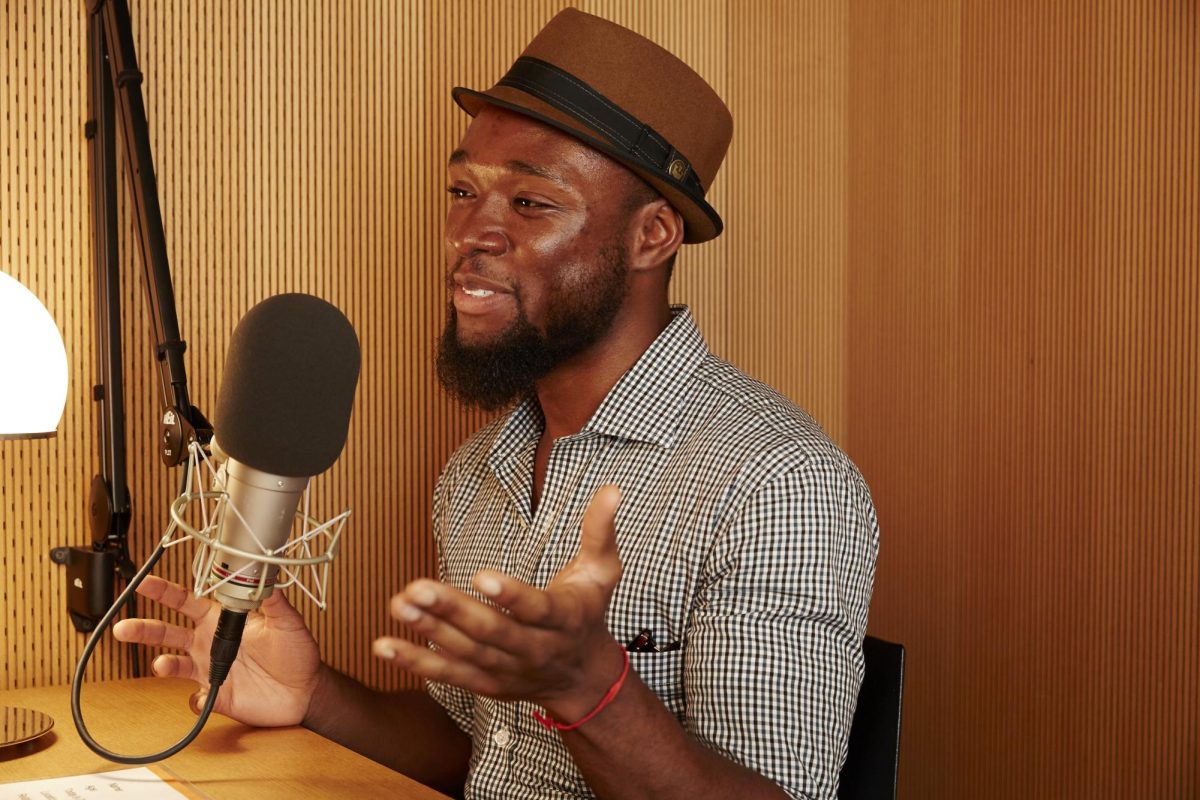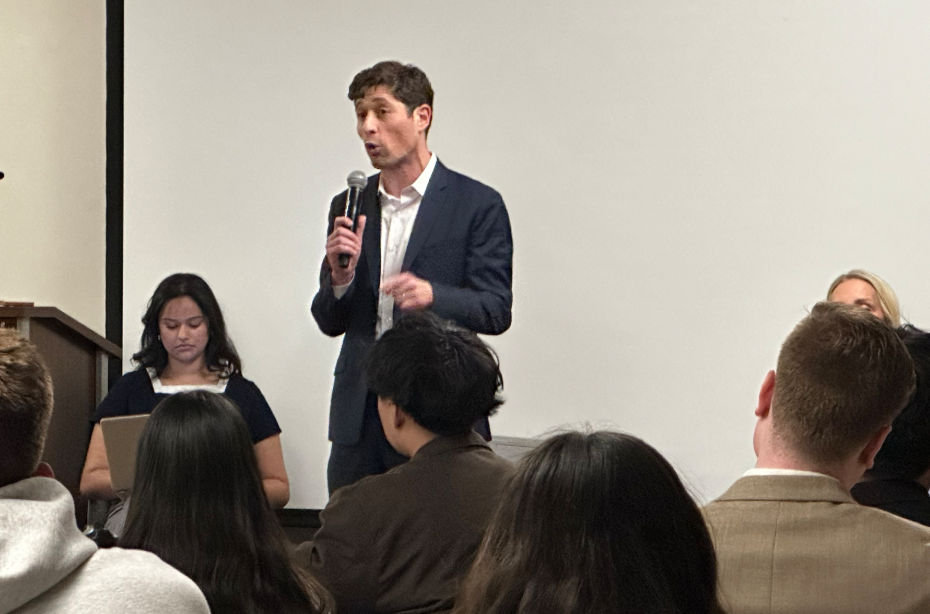The University of Minnesota is offering a new minor to teach students digital skills that can be applied to a variety of career fields.
The Learning Technologies minor includes three core courses that cover topics like social media, technology and the internet, along with electives that teach other technical skills. The minor has no corresponding major and is housed in the Learning Technologies program of the College of Education and Human Development.
The minor was developed after other learning technology classes at the University received positive feedback from students.
“The [existing] courses got really popular, so after hearing from our students about how valuable these courses were … we came together and thought we really should offer a more formal academic program,” said Angelica Pazurek, senior lecturer in learning technologies.
Pazurek began developing and teaching the core courses in 2010, and was the lead on creating the minor.
Mark Vagle, department chair for curriculum and instruction, said the minor aims to expand undergraduate offerings within the Learning Technologies program while helping students apply the knowledge to their individual majors. The minor offers courses that are designed to complement majors such as journalism, design and computer science.
“It’s a good opportunity for people to learn important things about technology. [They will] have a real concrete knowledge on how to use these online technologies and social media in their professions,” Vagle said.
Pazurek said the minor is one of the first of its kind, with no schools around the country offering a similar program.
Kang Her, a junior minoring in learning technologies, said she’s always had a passion for the topic, but there wasn’t a program for her interests until now.
“This generation uses internet differently and [the minor] helps me learn how to connect to a different audience,” Her said. “A lot of things were really new to me before I took these classes.”
Pazurek said while there are only two students currently in the minor due to rolling admissions, the program has received many applications for the spring semester.
“We hear from students a lot saying they’re constantly surrounded by technology, but in no other courses are they given the time and attention to focus on the implications that these technologies hold in our lives for learning,” Pazurek said. “This really encourages them to take the technology that they have access to and to use it more productively, more creatively and more meaningfully.”







